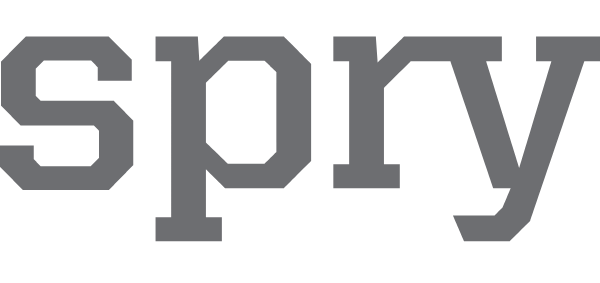Recently, I was running some updates on my church’s computer; I volunteer as the tech guy. As I was sitting at the desk watching the loading bars, I was approached by one of the older members of the church. He asked if we could talk and told me he needed my help with something. I, of course, was like, “Yah! What’s going on?”
This person proceeded to tell me that there was something wrong with his Facebook. He leaned in close and whispered, “I can’t log in and there’s so much inappropriate stuff!”
Today, we are going to be discussing how to not get your Facebook account hacked. If you look online at how this happens, you will find article after article talking about phishing, and high-jacking, and so many other fancy names depicting the way people have succeeded in being malicious. And if you are interested, there are some links to some of these articles at the bottom of this post.
Let me say now, the purpose of this post is not to go into depth on these techniques the evil-doers are using, but rather, to give a solid foundation, and arm you with a strong knowledge base so that you can make better decisions across the online world, not just Facebook.
Now, for this to make sense, let’s start at the beginning. There are 2 things that a hacker needs to gain control of your Facebook account: a username, and a password. As you are reading this, your mind is probably drifting to all the spy movies where you have a nerdy guy sitting in front of the computer typing random lines of code yelling, “Just a few more minutes! I’m almost in!”
I don’t want to be the one to destroy your fantasies, but this is not how most accounts are hacked. It saddens me to say, but most accounts are hacked because the user unknowingly handed over their credentials at one point or another. It is important to realize that most Facebook account hacks do not originate on the Facebook platform. Most of the accounts that get hacked do so because the user uses the same username/password combination on multiple sites across the internet. This means if they gain access to one of your accounts, they have them all.
So, let’s talk about some of the most common ways a hacker might get their grubby little hands on your username and password.
- Unsafe websites. As a web developer, trust me when I say it is so easy to create a site that requires the user to create an account and as soon as they have entered their emails and password, have the site send me that data. Now that I have that email/password combination, I might be willing to guess that it’s the same email and password that they used for their Facebook account or their Netflix account. There is only one way to find out. I cannot stress enough how important it is to be safe on websites that you do not know are legit.
- Unsafe emails. Emails that question authentications are a good thing, but 90% of them will only be informative. They will say something like ‘new device accessed your account on this date’. Be leery of any that ask you to log in. For instance, if you get an email that says, “Someone is trying to hack your Facebook!!! Click this button and log in to stop them.” Chances are if you click that button, you will find yourself approaching the tech guy at church saying, “there’s so much inappropriate stuff.”
- Facebook games. The last thing I want to make you aware of is less common, but definitely something to note is Facebook games. I am not talking about things like Farmville; I am referring more to the ones that say things like, “What Disney princess are you?” Most if these are fine and safe but it is good to note that most of them are made by third parties and not by Facebook. Be cautious of the ones that ask you to log in again even when you are already logged in. They could be playing the same tricks as the unsafe websites.
Now that you know how hackers are getting your info, let’s discuss how to prevent some of these things.
- If you are on a site that you are not sure of and they require you to register, simply use a junk email and a password that you would not use for anything else. If you are thinking to yourself, “What is a junk email?” – it is an email that you do not use for anything important. For instance, I have an old Hotmail account that has been hacked a lot, but it does not matter because that is why I have it. I’ll use this account as my junk email address.
- Do not open emails unless you are 100% sure of the contents!
- Change your password regularly. If for some reason a hacker does obtain your username and password, it will do them no good if that is no longer the password you use.
- Have multiple Facebook accounts. This is especially of you manage a business account. If a hacker gains access to your account, they also gain access to the pages you manage. I recommend if you want to know what Disney Princess you are, don’t find out with the account that has access to your business pages.
I hope that I was able to put this into terms that anyone can understand. Follow these guidelines, go out and enjoy the internet and don’t get hacked!
Oh, and here are the links I promised:
The Most Common Ways Facebook Accounts Get Hacked
Thanks for joining us here. Would you like to continue the conversation? Join us in SprySpace – a Facebook group created for social media marketers by social media marketers.



Recent Comments